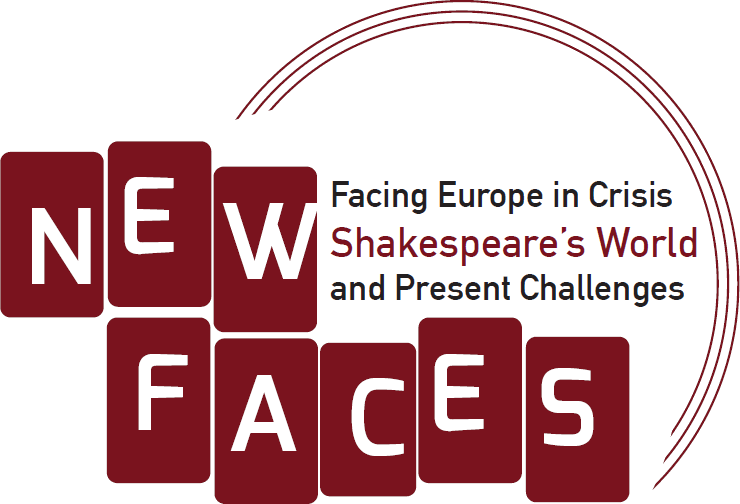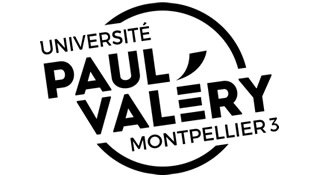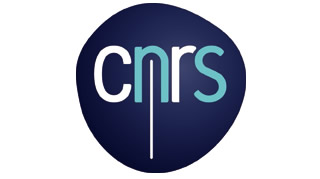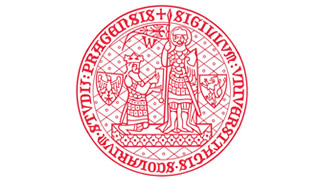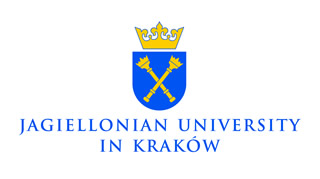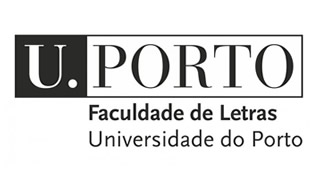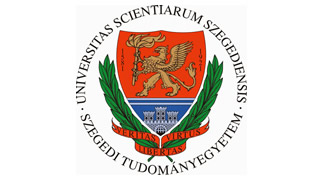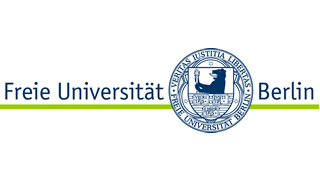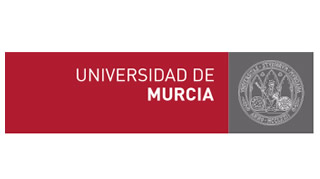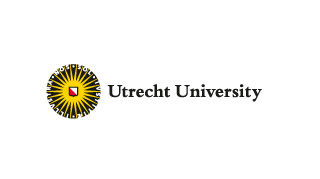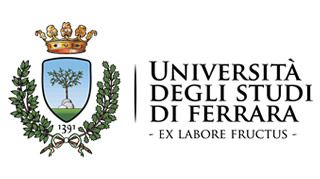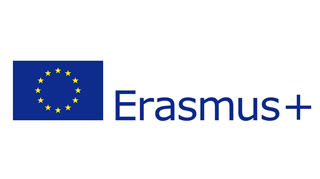Intellectual Output n°2: “Why New Faces”
PANEL SUMMARY
Panel n°1
What is Crisis? Definitions and Theoretical Aspects
The first panel addresses some general questions about crisis and crises. It first asks about the nature of crises, whether they exist or whether they are merely felt to exist or whether they are imagined as such and, if so, by and for whom. It then tries to determine some opposite terms to crisis such as ‘order’, ‘stability’ or ‘identity’, and to gauge their usefulness and validity as well as the potential co-presence, and mutual implication, of both the term and its opposites. From a philosophical point of view, the second main point of discussion is, with regard to Thomas Kuhn’s idea of a crisis in science as a ‘paradigm shift’, the temporality of crises, contrasting the idea that the purported ‘revolution’ felt to exist can be seen as coming back to its point of departure but that it can also be interpreted as the introduction of something unheard-of and entirely new. A last point takes into consideration the nature and different stages of political crises and discusses the typical elements and patterns of such phases of disruption. Epistemologically, crises seem to be grounded in a firm belief in rules or some kind of normality, which indicates what ‘should be’, and against which clashes, cataclysms, conflicts look like deviations from that expectation.
